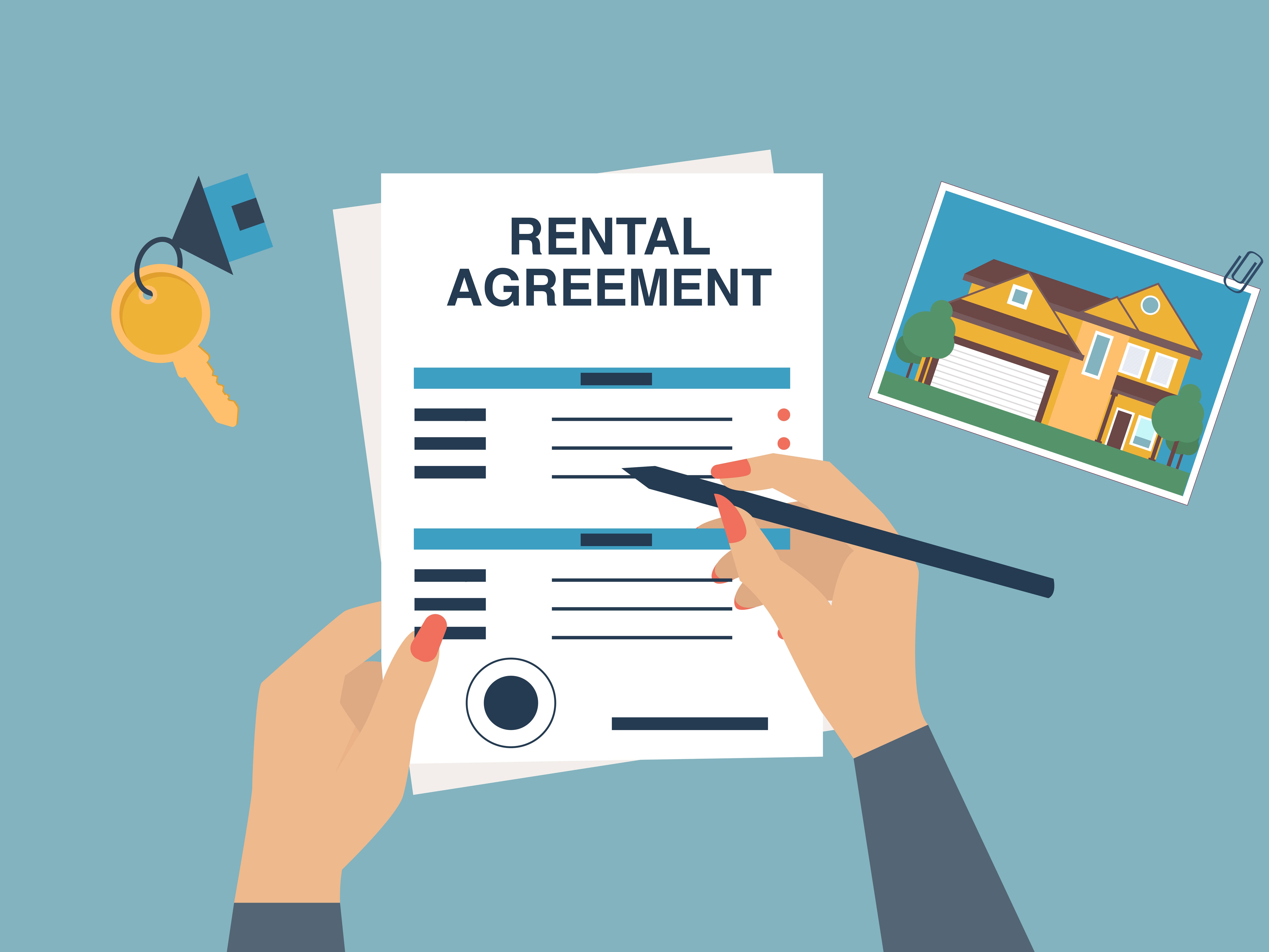08 November 2022
4 min read
#Property, Planning & Development
Published by:

As part of Queensland’s rental law reform, landlords are now required to comply with new obligations when ending tenancies, reviewing pet applications and responding to repair orders. These measures follow changes made under the Housing Legislation Amendment Act 2021 (Qld) (HLAA) on 1 October 2022.
The HLAA amends a number of regulations, including the Residential Tenancies and Rooming Accommodation Act 2008 (Qld) (RTRAA), Residential Tenancies and Rooming Accommodation Regulation 2009 (Qld) (Regulations) and the Residential Tenancies and Rooming Accommodation (COVID-19 Emergency Response) Regulation 2020 (Qld) (COVID Regulations).
The amendments aim to balance the rights and interests of property owners and tenants by improving security, certainty and transparency in the Queensland rental market. However, the changes are not without controversy, with landlord groups in particular believing these additional obligations will discourage residential property investors.
Property owners
The most significant change for property owners is that the RTRAA will no longer allow the option to end a tenancy agreement ‘without grounds’. The ability for property owners to end a periodic tenancy is more difficult as notice stipulating proper grounds for termination are required. Fixed term agreements may be terminated if the notice given relates to the end of the agreement.
Furthermore, the HLAA introduces new grounds for property owners and tenants to end tenancies. These changes ensure a property owner or manager cannot end tenancies without approved grounds.
Property owners can end a tenancy under these new grounds:
Property owners must provide appropriate notice periods when ending tenancy agreements. The new grounds require two months’ notice and not before the end of the fixed term tenancy agreement.
Tenants
Tenants can continue to end an agreement ‘without grounds’.
The HLAA also provides new reasons to end tenancies:
The Residential Tenancies Authority has introduced a new form for tenants to request approval to have a pet. This only applies to tenants and property owners in existing tenancy agreements. Tenants must submit the form to the property owner to keep their pets.
The owner must respond in 14 days and specify reasons for approving or rejecting the application. Consent is implied if a response is not given.
If approved, the owners may set reasonable conditions for keeping the pet. This may include:
If refused, the owner must specify on identified reasonable grounds. This may include:
If routine or emergency repairs are not addressed within a reasonable timeframe, tenants are given the option to apply for a repair order from the Queensland Civil and Administrative Tribunal (QCAT). If the due date of the repair order has expired without repairs being done, the tenant may give notice of intention to leave the property.
Repair orders continue to apply to the premises and not the tenancy, therefore the property owner must comply with the order despite the tenant moving out. The owner may apply for a time extension to QCAT before the due date of the repair order. These may include any of the following reasons:
If you have any questions about how these changes affect you or your existing agreements, please contact us below or send us your enquiry here.
Authors: Ranjit Singh, Marsha Klipp & Vivien Chang
Disclaimer
The information in this article is of a general nature and is not intended to address the circumstances of any particular individual or entity. Although we endeavour to provide accurate and timely information, we do not guarantee that the information in this article is accurate at the date it is received or that it will continue to be accurate in the future.
Published by: